Nathaniel Birkhead & Audrey Joslin awarded $1 Millon Grant from National Science Foundation
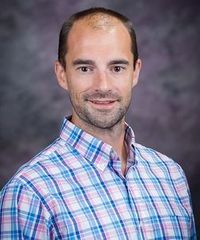 Two professors from Kansas State University were recently awarded a $1 million National Science Foundation Convergence Accelerator Grant to create an open knowledge network with researchers from five other universities that stitches together data from states on public policy and economic, social and environmental outcomes.
Two professors from Kansas State University were recently awarded a $1 million National Science Foundation Convergence Accelerator Grant to create an open knowledge network with researchers from five other universities that stitches together data from states on public policy and economic, social and environmental outcomes.
Nathaniel Birkhead, associate professor of political science, and Audrey Joslin, assistant professor of geography and geospatial sciences, both in the College of Arts and Sciences, will collaborate with researchers at Rochester University, University of Notre Dame, University of Virginia, University of North Carolina, Charlotte and North Carolina A&T State University. They will create a data hub so that policies from different states and areas will be conveniently accessible in one cohesive location. The network will include analytic tools to explore and visualize the data.
The researchers involved have varied academic backgrounds, including sociology, data ethics and computer science.
"We're not in the same department, but we all have different needs that this network would be useful in helping to solve, so this interdisciplinary approach makes sense," Joslin said.
The open knowledge network will also reduce the labor needed to look at special data since all information will be linked together.
"I'm excited to discover new ways that we can answer old questions," Birkhead said.
NSF Convergence Accelerator grants support team-based, multidisciplinary efforts that address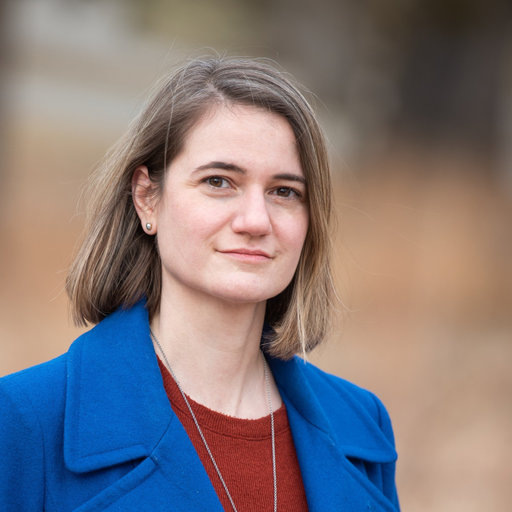 challenges of national importance and show potential for deliverables soon.
challenges of national importance and show potential for deliverables soon.
Birkhead said that while the NSF typically gives researchers years to complete a project, this project is different in how quickly it is moving. The K-State team has already partnered with the Open States Project, Society for Public Health Educators and assorted municipal governments, as well as other nonprofit organizations and community partners.
Congratulations, Nate and Audrey!
![]()
Jeff Pickering receives Quincy Wright Distinguished Scholar Award
Jeff Pickering is the 2019 recipient of the Quincy Wright Distinguished Scholar Award by the International Studies Association.
The award is given annually to a scholar who has significantly influenced the association's Midwest region. The recipient is recognized for having an exceptional record of scholarship in international studies, a distinguished record of service to the International Studies Association and other international affairs organizations, and a record of service within the region.
The International Studies Association is an interdisciplinary association of scholars that conduct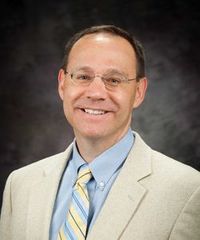 research on international affairs. It has more than 7,000 members across the globe and is the primary academic association for scholars of international studies. It also is home to important and high impact journals that publish research in this area. Pickering serves as editor in chief for one such association journal, International Interactions.
research on international affairs. It has more than 7,000 members across the globe and is the primary academic association for scholars of international studies. It also is home to important and high impact journals that publish research in this area. Pickering serves as editor in chief for one such association journal, International Interactions.
This award is a reflection of Pickering's important place in the field, his research impact and service to the discipline. The award ceremony includes a roundtable in Pickering's honor at the 2019 International Studies Association — Midwest Conference. He also will give the keynote address at the Quincy Wright luncheon.
![]()
Political Science Researchers Receive 1.2 Million Grant to Study Effects of Military's Overseas Presence
The United States has maintained a large overseas military presence since World War II. The strategic advantages of such installations may be clear, but how troop deployments affect host nations is not.
Two political science researchers have been awarded $1.2 million by the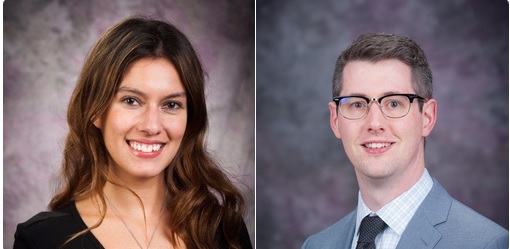 U.S. Department of Defense Minerva Research Initiative to study the political, economic and social effects of the United States' overseas military presence. Carla Martinez Machain, professor at the University of Buffalo, and Michael Flynn, associate professor for K-State's Dept. of Political Science, will work with a team to engage in a large data collection effort to explore public attitudes and beliefs about American activities and installations abroad at the national, regional and local levels.
U.S. Department of Defense Minerva Research Initiative to study the political, economic and social effects of the United States' overseas military presence. Carla Martinez Machain, professor at the University of Buffalo, and Michael Flynn, associate professor for K-State's Dept. of Political Science, will work with a team to engage in a large data collection effort to explore public attitudes and beliefs about American activities and installations abroad at the national, regional and local levels.
Both Martinez Machain and Flynn have longstanding interest in international conflict and security, with a specific interest in military deployments.
"As a country, we've been maintaining some of these deployments for more than 70 years now," Flynn said. "After such a long time, we've formed deep relationships with some of these countries through our military presence, but there's still a lot we don't know about those relationships and what kinds of effects these deployments have on the host country."
Martinez Machain said current data are inadequate.
"We were asking questions about effects of U.S. troops on the host states' foreign policies, human rights, development and so on — but all at the national level," Martinez Machain said.
Collecting detailed data through public opinion surveys, interviews and other methods will help researchers address several questions. One is how the United States' troop presence and overseas military expenditures affect local economies. Another is how many crimes are committed by or against U.S. military personnel, civilian employees and contractors, and how tensions affect attitudes toward the U.S.
Documenting protests against American forces is another part of the project. Martinez Machain said protest motives or objectives are not always as they seem, so she and Flynn will try to uncover "fine-grained causes and effects."
"We will look at protests to deployments, and geocode them — document the location of the protests, how many people are involved and the grievance," Martinez Machain said. "We might assume it's about the troops, but sometimes it's not. For instance, Italians would protest at U.S. installations in Italy, but the protests were really about domestic issues. They knew the media would cover it if the protest was outside the military installation."
The U.S. Department of Defense is keen to understand these issues, too, which is why it supports basic social science research through the Minerva Research Initiative. Minerva funds relevant research that speaks to current or near-term challenges the military is confronting. Flynn said the data will be available for public consumption when the three-year study is complete.
"The funding comes from the Office of Basic Research at the Department of Defense," he said. "The investment goes beyond K-State and what our team produces. We are hoping this is something other people will be using after this program window closes."
In addition to providing vital data to researchers interested in international security and U.S. military policy, Flynn said the grant will help involve students in research by supporting a graduate student and offering opportunities for undergraduates to participate.
"K-State is doing important work, and we are able to give students a research experience here they may not get at other institutions," Flynn said.
Jeff Pickering, former head of the political science department, added that Martinez Machain and Flynn benefited from a trip to Washington, D.C., earlier this year for early career faculty. The trip, which was led by the K-State Office of Research and Sponsored Programs, provided the researchers an opportunity to meet with the Minerva program director at the Pentagon.
"K-State's trip to visit funding agencies was very beneficial for Drs. Flynn and Martinez Machain," Pickering said. "It helped them to fine-tune their project, and the resulting Minerva grant will provide data and research that will be important for scholars and policymakers alike."
Co-investigators for the grant are Michael Allen, associate professor of political science at Boise State University, and Andrew Stravers, doctoral candidate in political science at the University of Texas, Austin.
Sierra Lekie receives Pickering Foreign Affairs Fellowship
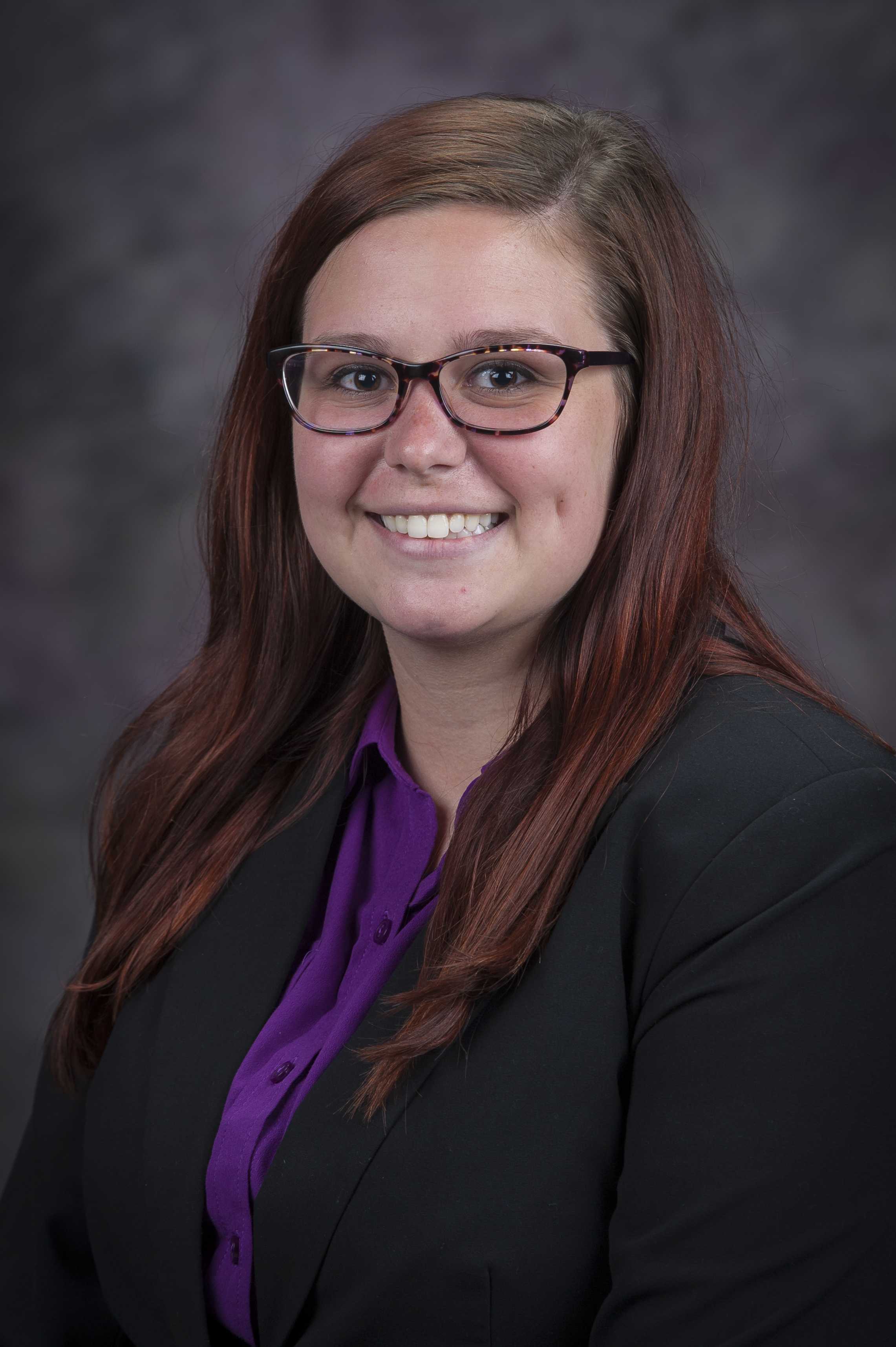 Kansas State University's Sierra Lekie, senior in economics and political science, is one of 20 students selected nationally for a 2017 Thomas R. Pickering Graduate Foreign Affairs Fellowship with the U.S. State Department.
Kansas State University's Sierra Lekie, senior in economics and political science, is one of 20 students selected nationally for a 2017 Thomas R. Pickering Graduate Foreign Affairs Fellowship with the U.S. State Department.
The fellowship, administered by The Washington Center for Internships and Academic Seminars, provides up to $37,500 annually for a two-year master's degree in foreign service-related fields.
"When I first met Sierra as a senior in high school, she indicated that she aspired to become a foreign service officer," said Jim Hohenbary, director of the Office of Nationally Competitive Scholarships. "Her receipt of the Pickering Fellowship is really a reflection of her determined pursuit of that goal over the last four years and it is exciting to know that the Pickering will help her toward a career in international diplomacy."
Fellows participate in one domestic internship at the U.S. State Department and one overseas internship at a U.S. embassy; receive mentoring from foreign service officers in the State Department; and after completing a master's degree, are expected to become foreign service officers.
"This fellowship will allow me to fulfill my dream of becoming a foreign service officer," Lekie said. "For more than six years, it has been my dream to work for the State Department by serving as a diplomat at embassies around the world."
Lekie said that the process of becoming a foreign service officer is difficult because candidates must pass several different stages, including a written exam and oral assessment. If they fail any section, they must wait one year before starting the entire process again. Lekie will start at the School of International Service at American University in fall 2017.
"The Pickering Fellowship will provide me with the graduate education, mentorship and professional experiences necessary to succeed in becoming a foreign service officer," Lekie said. "This dream is now a reality."
In addition to her double major, Lekie is working on a secondary major in international studies and minors in Spanish and statistics.
At Kansas State University, Lekie is active in the Student Alumni Board, Blue Key Senior Honor Society and the Economics Club. She also has been involved in the Student Governing Association, the College of Arts and Sciences Ambassadors, Model United Nations, Silver Key Sophomore Honorary and Quest Freshman Honorary. She was a 2015 Harry S. Truman Scholarship nominee and a 2014 Cargill Global Scholar. Lekie is a 2013 graduate of Shawnee Mission West High School.
(Re)Imagining Tolerance, Diversity, and Justice: The Impact of a Post-Truth USA on the Arab-American and Muslim-American Experience
“(Re)Imagining Tolerance, Diversity, and Justice” explored issues of tolerance and diversity from the Muslim-American and Arab American perspectives, featuring the work of three separate speakers. Each speaker each held a 15-20 minute presentations. Then, participants broke into groups and meet with a speaker and a group of facilitators to engage in deep conversations about each presentation topic as it relates to civic action at the individual, community, and societal levels. These small group conversations focused on issues of integration, acceptance, tolerance, and diversity from the Arab-American and Muslim American perspectives.
![]()
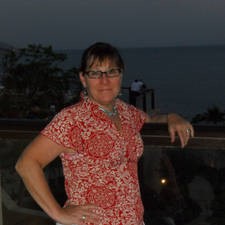 Dr. Louise Cainkar
Dr. Louise Cainkar
Bio: The first speaker is Louise Cainkar from Marquette University. Professor Cainkar is a leading scholar in Arab-American studies and the current president of Arab-American Studies Association. She has published many articles on Arab-American Diasporas and identity as well as Arab-American migration. She is the author of “Homeland Insecurity: The Arab-American and Muslim-American Experience after 9/11 (New York: Russel Sage Foundation Press).” Dr. Cainkar’s work is directly related to study of diversity and tolerance. In the mini-symposium, she will talk about her most recent research on transnational Arab-American youth and issues of diversity.
Abstract: Acceptance and embrace of persons in our midst who are different, in some meaningful way, from who we are requires: 1) developing an understanding of the conditions in which they live and the world as they see it, and 2) understanding some of the reasons why we don’t already know these things. In other words, it requires stepping into someone else’s shoes for a while in order to expand our own perspectives. Her talk will focus on these two components of understanding and suggest, in light of them, some ways we might bring about positive change.
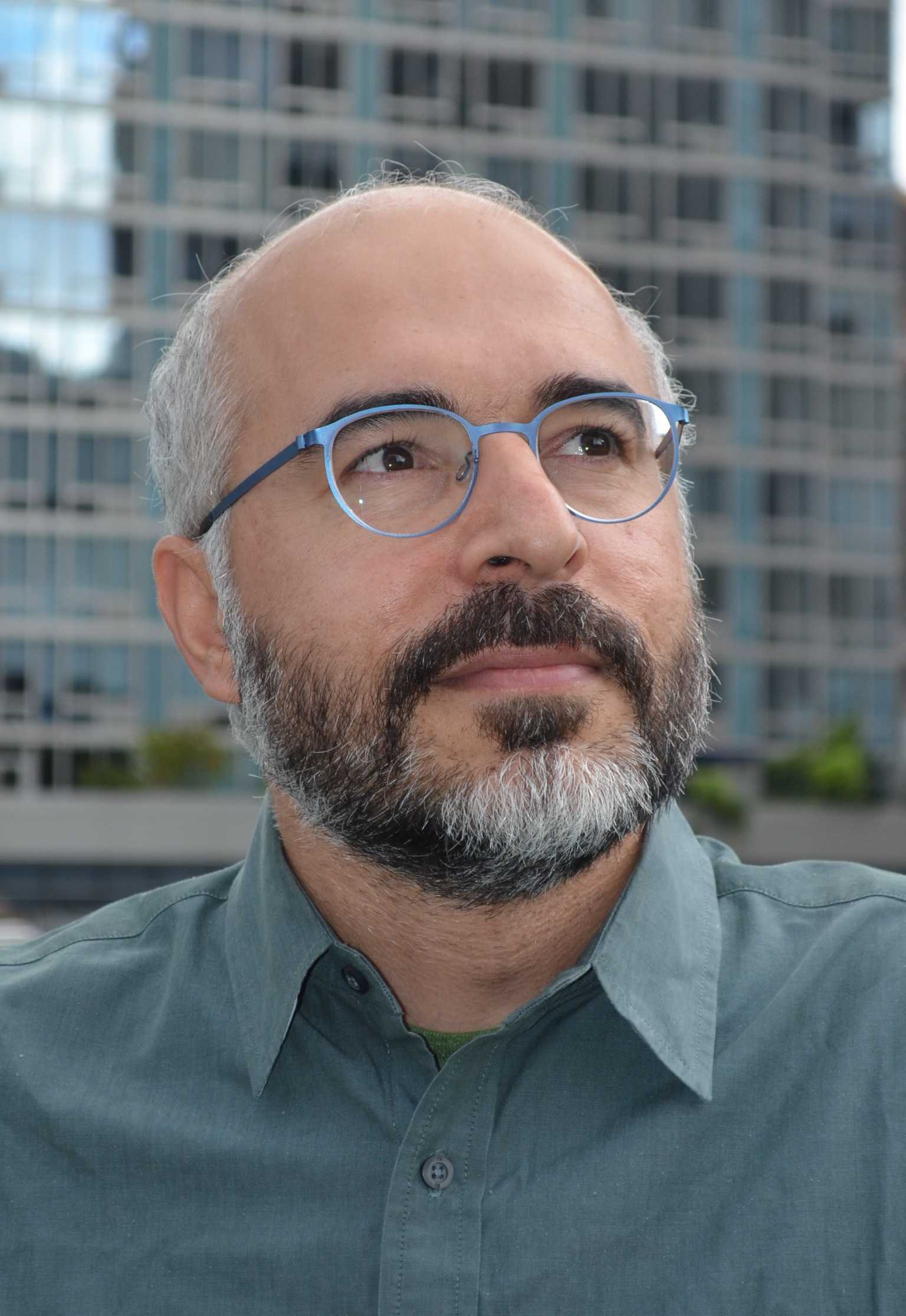 Dr. Mucahit Bilici
Dr. Mucahit Bilici
Bio: The second speaker is Mucahit Bilici, and he is an Associate Professor of Sociology at John Jay College and the City University of New York (CUNY) Graduate Center. He is the author of “Finding Mecca in America: How Islam Is Becoming an American Religion (University of Chicago Press, 2012).” Besides American Islam, his research interests include social theory, Islamophobia, Muslim societies (Turkey), Said Nursi, and Kurdish Studies. Bilici is a faculty fellow at CUNY Dispute Resolution Center.
Abstract: “Muslim Sacralization of the American Constitution” - The recent wave of Islamophobia in the United States is intensifying pressure on Muslims. In response, we see Muslims taking refuge in national symbols to legitimate their citizenship. They increasingly rely on the American Constitution as both a talisman for self-defense (as we saw with Khizr Khan) and a sacred text of citizenship. American Muslims have long cherished their First Amendment freedoms, but we now see a growing interest in the rest of the Constitution. This talk will capture the evolving pattern of American Muslim approaches to the Constitution and its connection with the notions of sovereignty and citizenship.
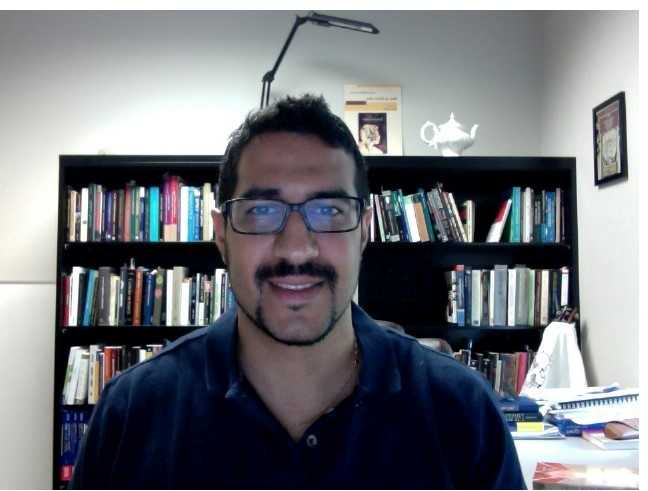 Dr. Mohamad Al-Hakim
Dr. Mohamad Al-Hakim
Bio: The third speaker is Dr. Mohamad Al-Hakim is an Assistant Professor in the Department of Communication and Philosophy at Florida Gulf Coast University. He holds an Honors Bachelor of Arts and a Master of Arts from McMaster University and completed his Doctorate of Philosophy at York University (Toronto, Canada). His primary research focuses on political, legal, and moral theory, with special focus on issues of minority rights and justice. Dr. Al-Hakim has taught courses in legal and political theory, ethics, history of philosophy, logic, and Islamic philosophy. He has published on various topics, including multiculturalism and identity-politics, hate crime legislation, and government ethics.
Abstract: Focusing on the question of Muslim identity and democratic citizenship, this talk will provide a comparative analysis of Plato (c.427-c.347 BCE) and al-Farabi’s (c.870-c.951 CE) offered views on democracy. Typically, the issue of Islam and democracy is addressed from a technical theological standpoint, with various attempts at showing that Islam, as a religious comprehensive doctrine, is compatible with democratic institutions. Dr. Al-Hakim’s approach differs, in that it will center on a philosophical discussion of Islam and democratic rule. Through an analysis of these two figures, he traces some of the key reimagined positive features of democracy offered by al-Farabi and provides some insight to Islamic philosophy’s contribution to democratic ideals and citizenship.
Event Conveners: Sabri Ciftci (ciftci@ksu.edu), associate professor of political science and Brandon Kliewer (bkliewer@ksu.edu), assistant professor of civic leadership
This event is sponsored by: Michael W. Suleiman Chair in Arab and Arab-American Studies, Department of Political Science; Staley School of Leadership Studies; College of Arts and Sciences; K-State Libraries; and the Division of Student Life.
Notable Alumnus Speaks to K-State Master of Public Administration Class
Don Dressler, BA (1966) in Political Science, recently spoke to Master of Public Administration students in their Public Personnel Administration course. Don is a nationally recognized consultant on insurance and risk management issues and has had a distinguished career working as a labor and employment law attorney. He is also currently serving as the Chairman of the Finance Commission for the City of Irvine. Don was kind enough to offer his experience with the MPA students and answer their questions related to personnel administration and local governance. This is just one more example of an alumnus giving back to K-State by sharing their insight and knowledge.
Sabri Ciftci wins 2016 William L. Stamey Award for Undergraduate Teaching
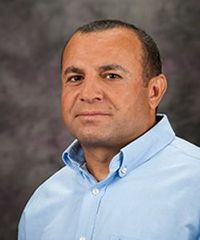 The College of Arts & Sciences has selected the 2016 Stamey Awards for Undergraduate Teaching and Advising. William L. Stamey is a mathematician and served as dean of the College of Arts & Sciences for seventeen years from 1970-1987. In recognition of Dean Stamey's outstanding record in recruiting excellent faculty to Kansas State University and in recognition of the continuing need to foster excellence in teaching and advising, the College of Arts & Sciences has established the William L. Stamey Award.
The College of Arts & Sciences has selected the 2016 Stamey Awards for Undergraduate Teaching and Advising. William L. Stamey is a mathematician and served as dean of the College of Arts & Sciences for seventeen years from 1970-1987. In recognition of Dean Stamey's outstanding record in recruiting excellent faculty to Kansas State University and in recognition of the continuing need to foster excellence in teaching and advising, the College of Arts & Sciences has established the William L. Stamey Award.
Sabri Ciftci, Michael W. Suleiman Chair in Arab and Arab-American Studies in the Department of Political Science. Ciftci received his Ph.D. from Florida State University in 2005. He specializes in the Middle Eastern and Turkish politics. His research focuses on Islam and democracy, Arab public opinion, and Turkish foreign policy. His most recent projects examine anti-Americanism in the Middle East and religious tolerance. Ciftci published widely in journals like Comparative Political Studies, Political Research Quarterly, International Journal of Middle East Studies, and Foreign Policy Analysis. He is the principal investigator of Turkish Parliamentarians Survey and Youth Attitudes about Turkish Foreign Policy project. He teaches courses in Middle East Politics, Political Islam, Comparative Politics, and Research Methods. Ciftci uses active learning methods and enjoys teaching about intercultural tolerance in his courses.
Department of Political Science
Kansas State University
802 Mid Campus Dr. South
101D Calvin Hall
Manhattan, KS 66506
785-532-6842
polsci@ksu.edu